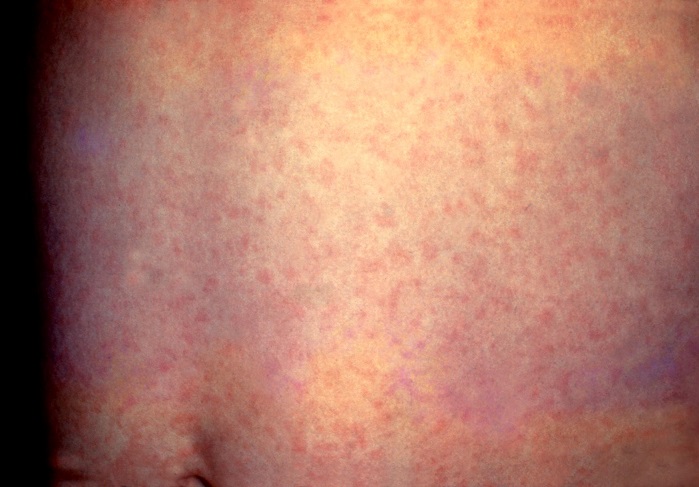Pregnancy seem to be a tough time to the ladies. But proper mental and physical preparations will give you a smooth and happy pregnancy time. Among the various tips, an important one is the knowledge various viral infections during pregnancy. Most viral infections won’t affect the baby. But some viral infections may cause miscarriage or birth defects in baby. Some common infections are flu or common cold. Some other viruses are Chicken pox, fifth disease, cytomegalovirus, rubella and zika.
Contact your doctor right away if , in your pregnancy, you are exposed to someone who has viral infections. The doctor will want to know which virus and what type of contact you had. They also may ask about your symptoms.
Pregnancy and influenza:
Influenza can be more serious for pregnant women. You may get very sick. However, it hardly ever causes birth defects in the baby. If you are pregnant during flu season, you should get a flu shot.

Pregnancy and chicken pox:
Chickenpox is caused by the varicella virus and is highly contagious. It can be serious during pregnancy. Sometimes, chickenpox can cause birth defects. If you have had chickenpox in the past, it is unlikely you will catch it again. If you have not had chickenpox or if you are not sure, see your doctor. Your doctor will test your blood to see if you are immune.
Pregnancy and fifth disease:
Fifth disease is a common virus in children. About half of all adults are sensitive to fifth disease and can catch it from children.
Children who have fifth disease often get a rash on their body and have cold-like symptoms. Their cheeks may be red and look like they’ve been slapped or pinched. Adults who get fifth disease do not usually have the “slapped cheek” rash. Adults who contract fifth disease often have very sore joints.
If you get fifth disease early in your pregnancy, you could have a miscarriage. Fifth disease also can cause birth defects in your baby, such as severe anemia. Call your doctor if you are exposed to fifth disease. Your doctor may have you take a blood test to see if you’re immune. You also may need an ultrasound exam to see if the baby has been infected.
Pregnancy and Cytomegalovirus:
Cytomegalovirus usually doesn’t cause any symptoms. This makes it hard to know if you have it. It is the most common infection that can be passed from mother to baby. Cytomegalovirus affects 1 of every 100 pregnant women. It can cause birth defects, such as hearing loss, development disabilities, or even death of the fetus.
It’s important to prevent cytomegalovirus because there is no way to treat it. Women who work in day care centers or a health care setting have the highest risk of getting infected. Pregnant women with these jobs should wash their hands after handling diapers and avoid snuggling or kissing the babies.

Pregnancy and rubella:
Since 1969, almost all children have had the rubella vaccine, so it is a rare disease today. At the first prenatal visit, all pregnant women should be tested to see if they are immune to rubella. Symptoms of rubella in adults are joint pain and a possible ear infection. The virus can cause severe birth defects or death of the fetus.
Pregnancy and zika:
The Zika virus is a travel-related virus that can cause birth defects if a woman is exposed during pregnancy. Zika outbreaks have been reported in South America, Central America, and North America. The virus can cause microcephaly. The infection is transmitted through an infected mosquito bite or is passed to a woman through sexual contact.




![The Top & Most Popular Seafood Bucket Restaurants in Dubai for you [Never Miss]](https://uae24x7.com/wp-content/uploads/2020/09/8-seafood-in-a-bucket-scaled-e1600739237403.jpg)
![Procedures for Renewing the Driving License in Abu Dhabi [3 Simple Steps]](https://uae24x7.com/wp-content/uploads/2020/07/Capture-9-e1595666454466.jpg)





